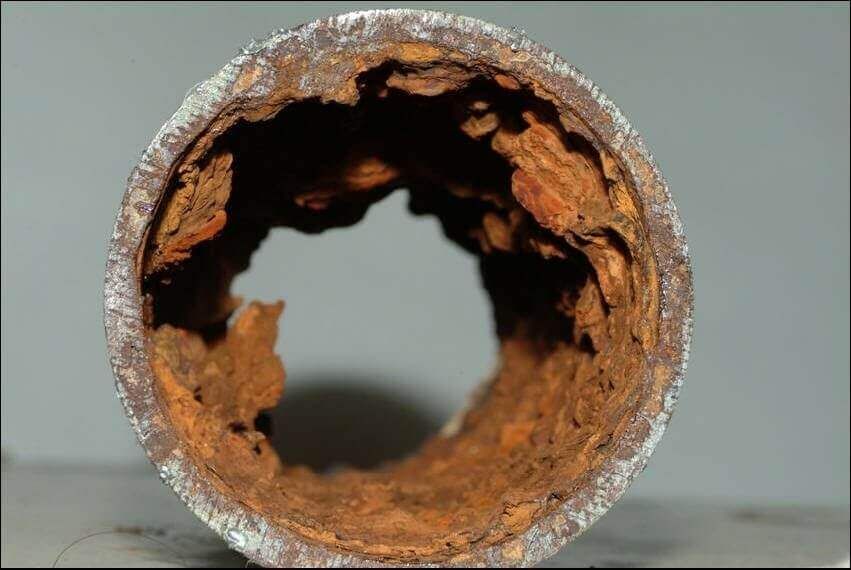Issues With Cast Iron Pipes
1. **Corrosion:** Over time, cast iron pipes can corrode, leading to weakened and deteriorated sections.
2. **Blockages:** Cast iron pipes are prone to accumulating mineral deposits, rust, and debris, causing blockages that can impede water flow.
3. **Cracking:** Cast iron pipes may develop cracks or fractures, often due to shifts in the ground or external pressure.
4. **Scale Buildup:** Internal scaling can occur, reducing the pipe diameter and impacting water flow.
5. **Leakage:** Corrosion and cracks can result in leaks, potentially causing water damage to surrounding structures.
6. **Noise Issues:** Cast iron pipes can produce noise, such as clanging or banging, especially if they are not adequately supported.
7. **Installation Challenges:** Cast iron pipes are heavy and can be challenging to install, requiring specialized skills and equipment.
8. **Limited Flexibility:** Unlike more flexible materials, cast iron is rigid, making it less adaptable to changes in the ground or building settlement.
9. **Maintenance Costs:** Addressing issues with cast iron pipes can be costly, whether it's repairing or replacing sections of the pipe.
10. **Aging Concerns:** Older cast iron pipes may be more susceptible to various issues due to the natural aging process.
It's important to note that some of these issues can be mitigated through regular maintenance and inspections.


